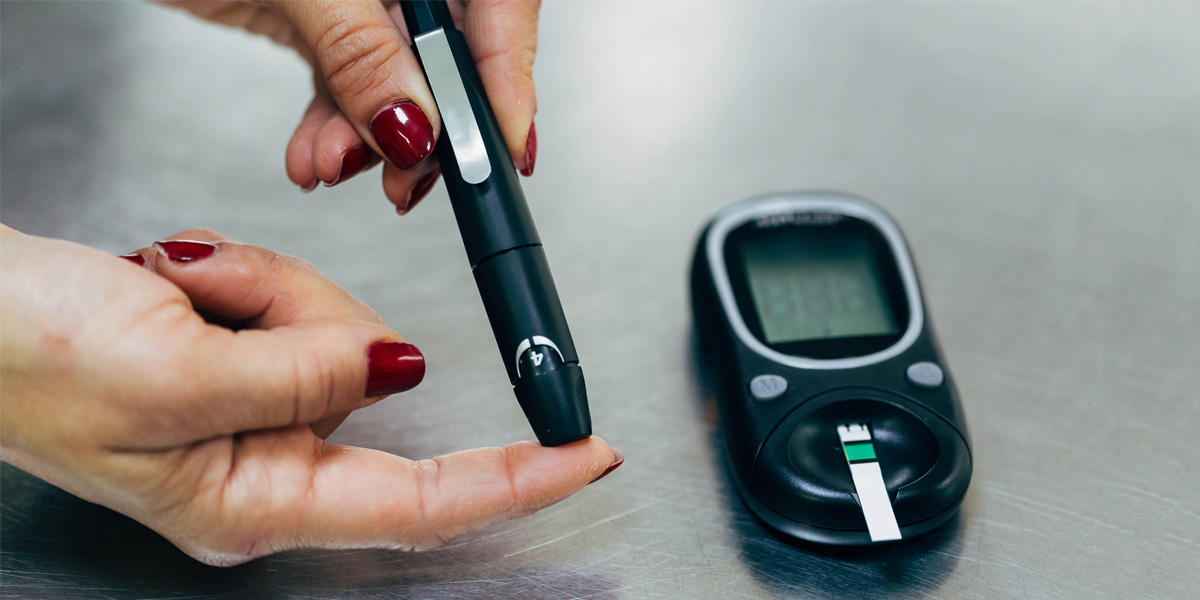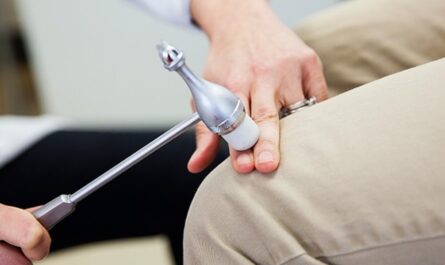Abortion pills have become a popular option for ending early pregnancies but there is a lot of confusion and misinformation around how they work and what the risks are. In this comprehensive guide, we will discuss the different types of abortion drugs available, how effective they are, possible side effects, and important safety guidelines to follow.
Types of Abortion Drugs
There are two main types of medical abortion, also known as medication abortion, using prescription drugs:
Mifepristone – This drug is also known as RU-486. It works by blocking the hormone progesterone, which is needed to maintain a pregnancy. When taken, it causes the lining of the uterus to thin and the embryo to detach from the uterine wall.
Misoprostol – This drug causes contractions of the uterus, which expel its contents. It is usually taken 24 to 48 hours after taking mifepristone. The combination of these two drugs is over 90% effective in terminating pregnancies up to 10 weeks.
In some countries like India, misoprostol alone is used for abortions up to 9 weeks. This involves inserting misoprostol pills vaginally or buccally (between the cheek and gum). However, using mifepristone with misoprostol results in fewer side effects and is the recommended protocol by medical bodies like the WHO and FDA.
Effectiveness of Abortion Pills
Medical Abortion Drugs have a very high success rate of ending pregnancies when taken as directed under 10 weeks:
– With mifepristone and misoprostol together: Over 90% effective. Most abortions are completed within 3-4 hours of taking misoprostol.
– With misoprostol alone: Around 80% effective. More side effects and heavy bleeding are usually experienced compared to the mifepristone regimen.
– After 10 weeks of pregnancy: The effectiveness declines slowly after 10 weeks but the drugs are still used in some countries up to 12-14 weeks. The risks of ongoing pregnancy or requiring additional procedures also increase gradually with later gestational ages.
It is important to follow the dosage instructions exactly as provided by your doctor or healthcare facility. Not taking the required number of pills, taking them incorrectly, or at the wrong interval can reduce the efficacy.
Possible Side Effects of Abortion Pills
While abortion pills are very safe when used as recommended by a qualified professional, some side effects are still possible. The most common ones associated with the medications include:
– Cramping and pain in the lower abdomen, which may feel similar to severe menstrual cramps. Pain medications like ibuprofen help provide relief.
– Bleeding, which starts within a few hours of taking misoprostol and can last up to 2 weeks. Heavy flow and clots are normal during this period.
– Nausea, vomiting or diarrhea. These usually subside on their own within 24 hours without need for treatment.
– Dizziness, headaches and fatigue. Rest and staying hydrated can alleviate these temporary symptoms.
– In rare cases (less than 0.5%), a surgical procedure may be required to fully empty the uterus if tissue remnants are retained after medical abortion. Antibiotics are prescribed in such situations.
Risks and Safety Precautions
While complications are quite uncommon with medical abortion pills, certain safety measures should still be followed:
– Do not use abortion pills if the pregnancy is already over 10 weeks or if you have an IUD inserted, as these increase health risks.
– Inform your doctor about any medical conditions like severe anemia, liver or cardiovascular disease before taking the abortion medications.
– Avoid activities like driving, operating heavy machinery for a couple of days due to symptoms like pain, bleeding and dizziness.
– Use backup contraception like condoms for a minimum of 7 days after the abortion to avoid unintended pregnancies before your next period.
– Seek immediate medical help if you experience fever over 100.4°F, severe abdominal pain not relieved by painkillers, excessive vaginal bleeding soaking more than two pads per hour for over two hours etc. after the medical abortion.
– Schedule a follow up appointment 3-4 weeks later to confirm the abortion was fully completed and your health is recovering well. A pelvic exam or ultrasound may be performed as needed.
– Consider abortion counseling if facing mental or emotional trauma due to the termination decision. Support groups can help with any post-abortion depression or regrets.
When administered through a certified health facility within the 10 week timeframe, medical abortion drugs like mifepristone and misoprostol offer women a safe, effective and non-invasive option to end early pregnancies. However, it is important to understand how they work, fully comply with dosage instructions and monitor your health during the recovery period. With proper guidance from medical professionals, the abortion pill regimen has minimal long-term risks and allows most women to quickly resume their regular activities.
*Note:
1. Source: Coherent Market Insights, Public sources, Desk research
2. We have leveraged AI tools to mine information and compile it



